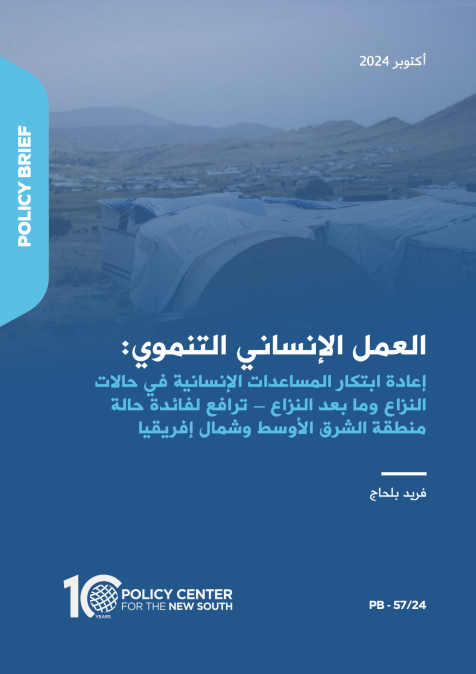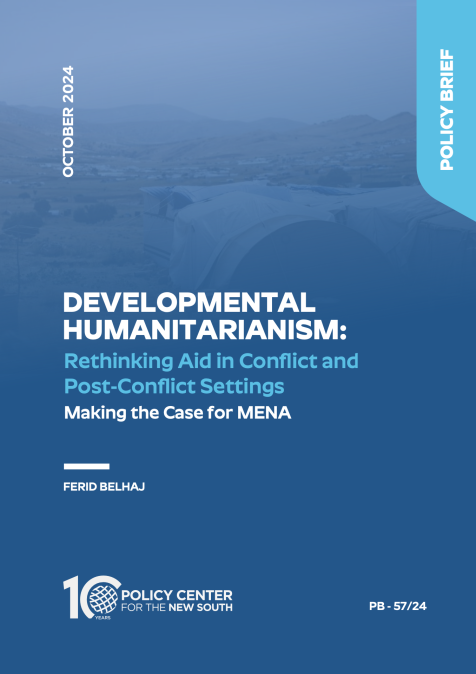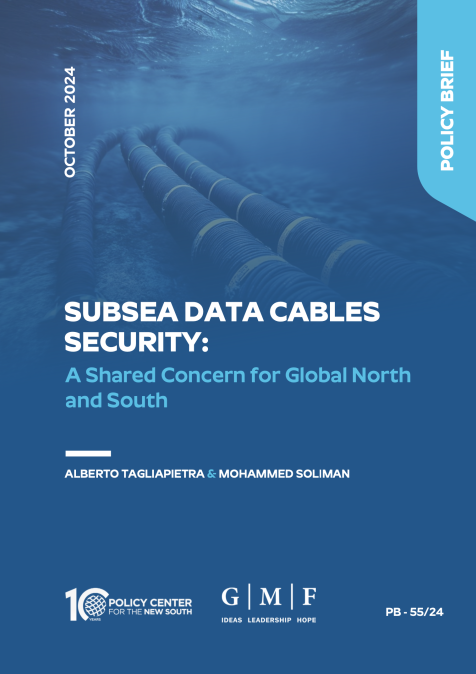Podcasts
Foresight & Migration: Perspectives and Limitations
28
June
2023
Related topics:
Predicting migration patterns is increasingly becoming a field of interest to multiple stakeholders from the decision makers in political spheres, to analysts and researchers in the field of academia. Being able to have an accurate image of the migration trends is also equivalent to enhanced policy design. Hence, the foresight studies offer an interesting insight, but also raise challenges pertaining to ethical considerations and data access. In this podcast we invite Damien Jusselme, of the “Data and Impacts Analytics” Units at IOM’s Global Migration Data Analysis Centre to share with us his insights on the use of foresight studies in migration analysis.







